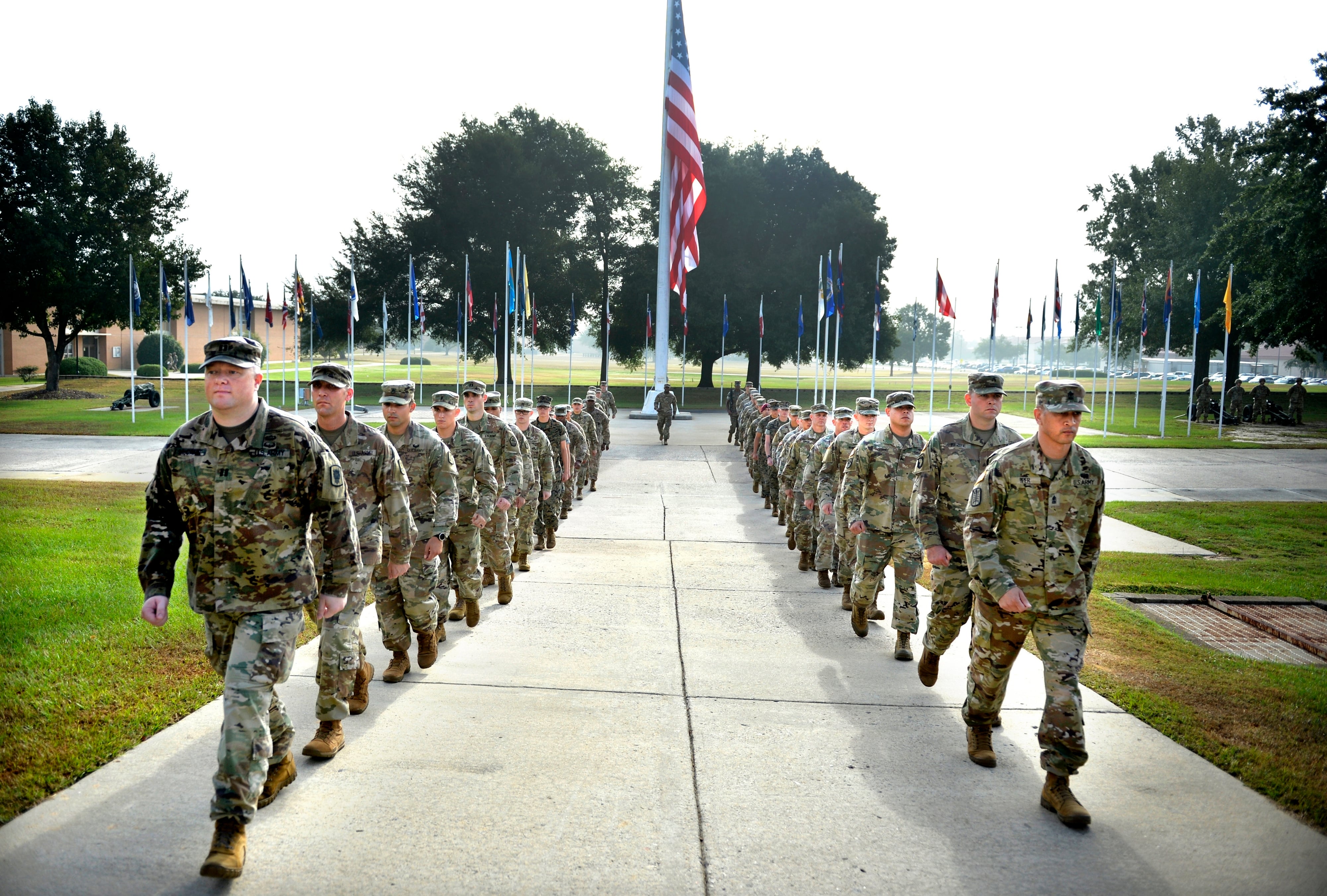Can civilian Defense Department employees really be dedicated to their profession if they work just eight hours a day? Do they really respect the uniform? Can they be managed and motivated the same way a soldier can?
Yes, yes, and ... well, probably not, according to the Army instructors who developed a class for majors and and promotable captains attending the Command and General Staff College Officer Class at Fort Leavenworth, Kansas.
Here are five tips for getting the best out of your civilian teammates:
Don't assume
Civilian workers told the professors that "the military did not understand who they were and what they're all about," said Barry Leslie, who co-founded the course with Eileen Godinez.
The instructors try to get preconceived notions about civilian workers into the open early in the class, then root out the misconceptions.
Not just 'clock-watchers'
One common problem: Officers believing civilians aren't dedicated because of their 40-hour-a-week schedule.
"As we go through the class, [officers] begin to understand that due to the laws and regulations they work under ... if they work beyond [that], they have to be compensated," Godinez said. "Sometimes you have to understand that system a little better before you can place judgment against it."
Know what they know
Spitting out an acronym you've known since basic training and getting a blank stare? Frustrated when military decision-making processes aren't followed or understood? Expecting civilians to be fully up to speed on Army nomenclature and operations can lead to big problems, the professors said.
They teach officers basics of the Army civilian curriculum so they can better appreciate the knowledge base; it helps students understand that if an Army term or regulation isn't part of a civilian worker's day-to-day duties, it may not be on his or her radar.
Don't bark orders
Giving a direct order to a civilian worker may not have the same success rate as with a soldier bound by the Uniform Code of Military Justice, Leslie said.
But just because an officer doesn't receive a salute doesn't mean he's not being respected.
In panel discussions between civilians and officers arranged by the class, nonuniformed personnel told officers that "we look up to you as our leaders. You are our role models," Leslie said.
"Majors were surprised to hear that."
Life lessons
The advice offered by the course (Leading Army Civilians — Truths and Myths)isn't limited to the soldier-civilian relationship, Godinez said. Good leadership techniques work across service lines, and they'll be useful in a private-sector management role: All companies have subcultures, and good leaders cross those divides.





